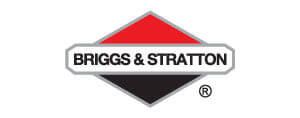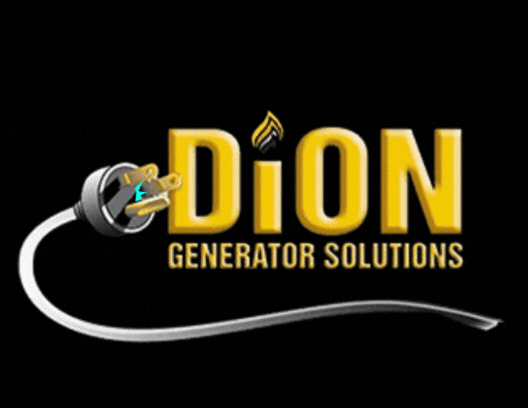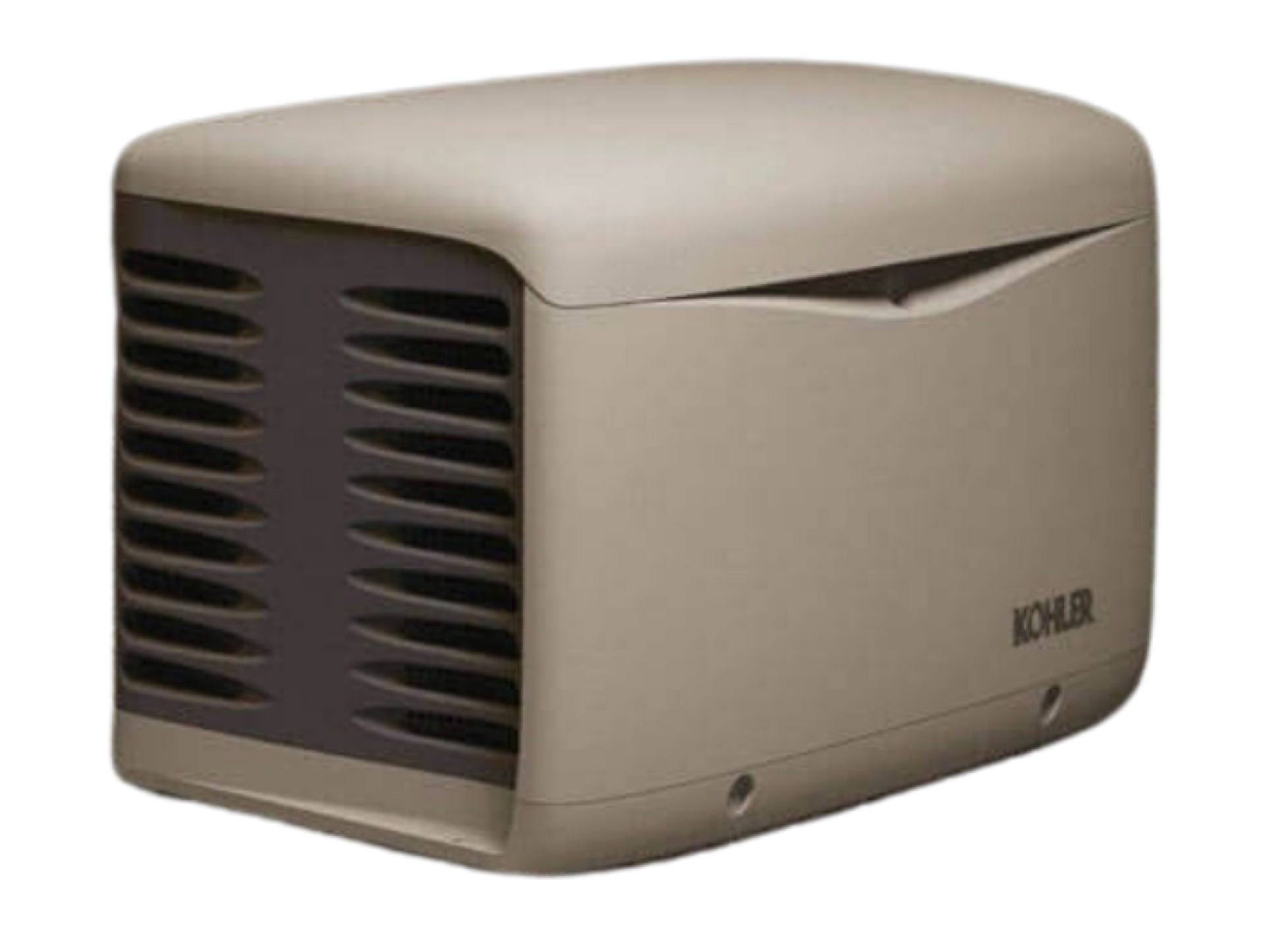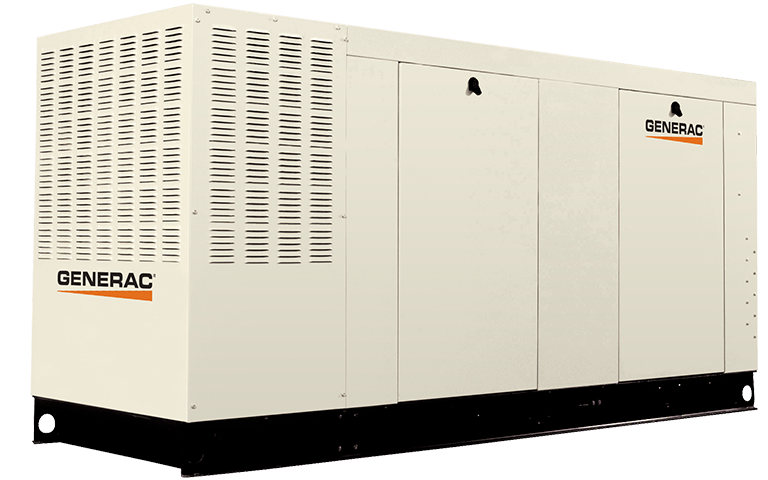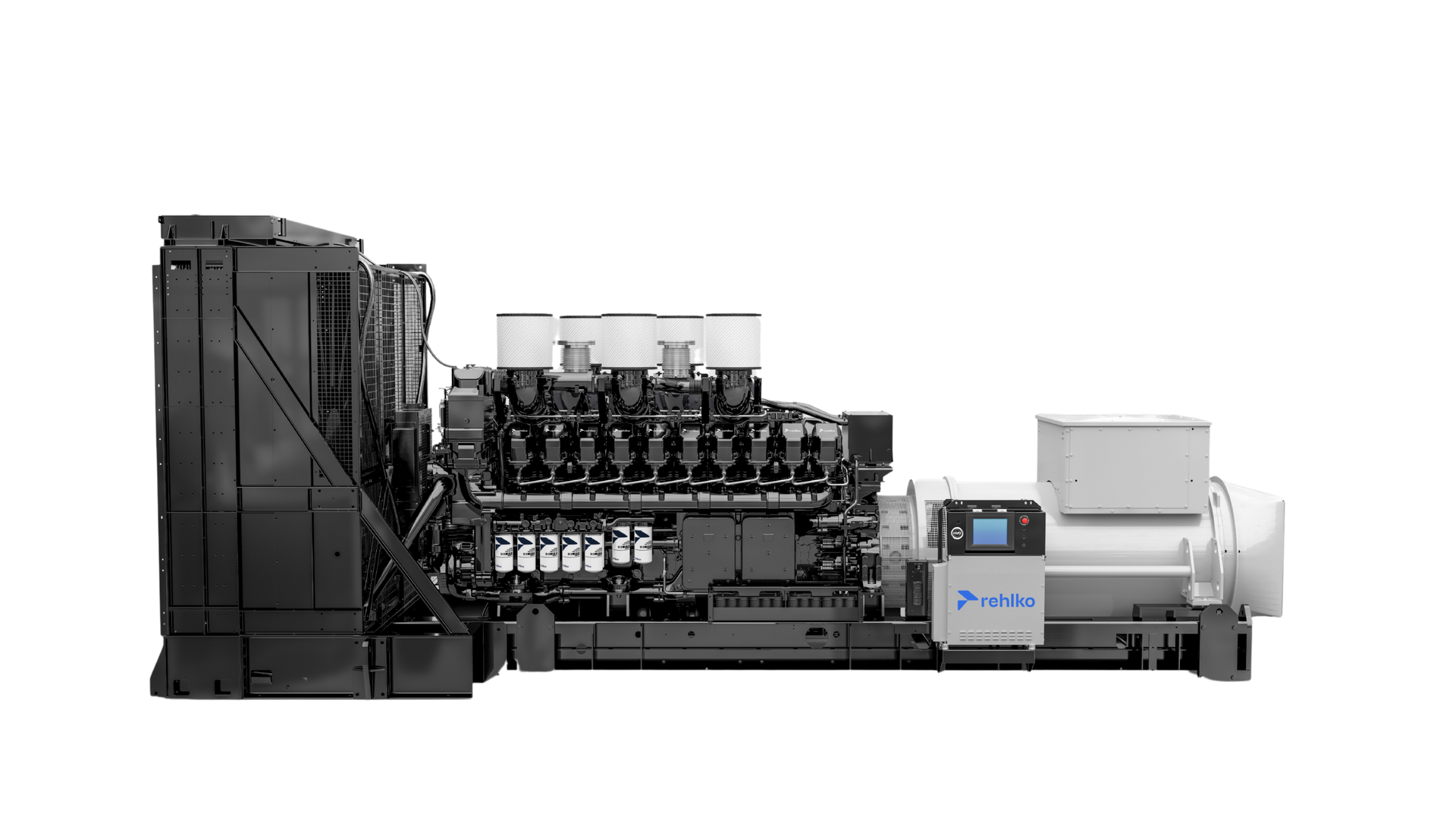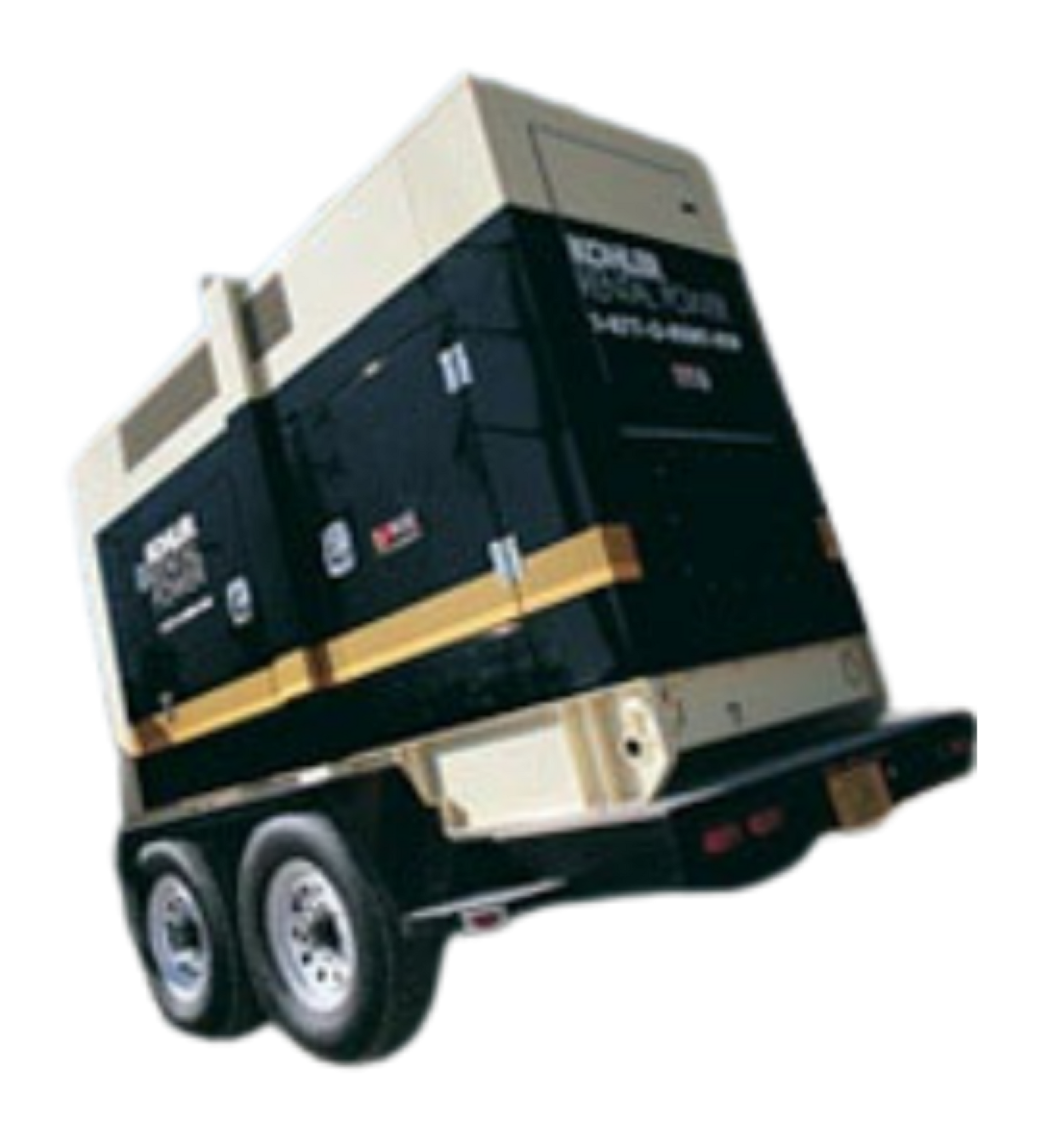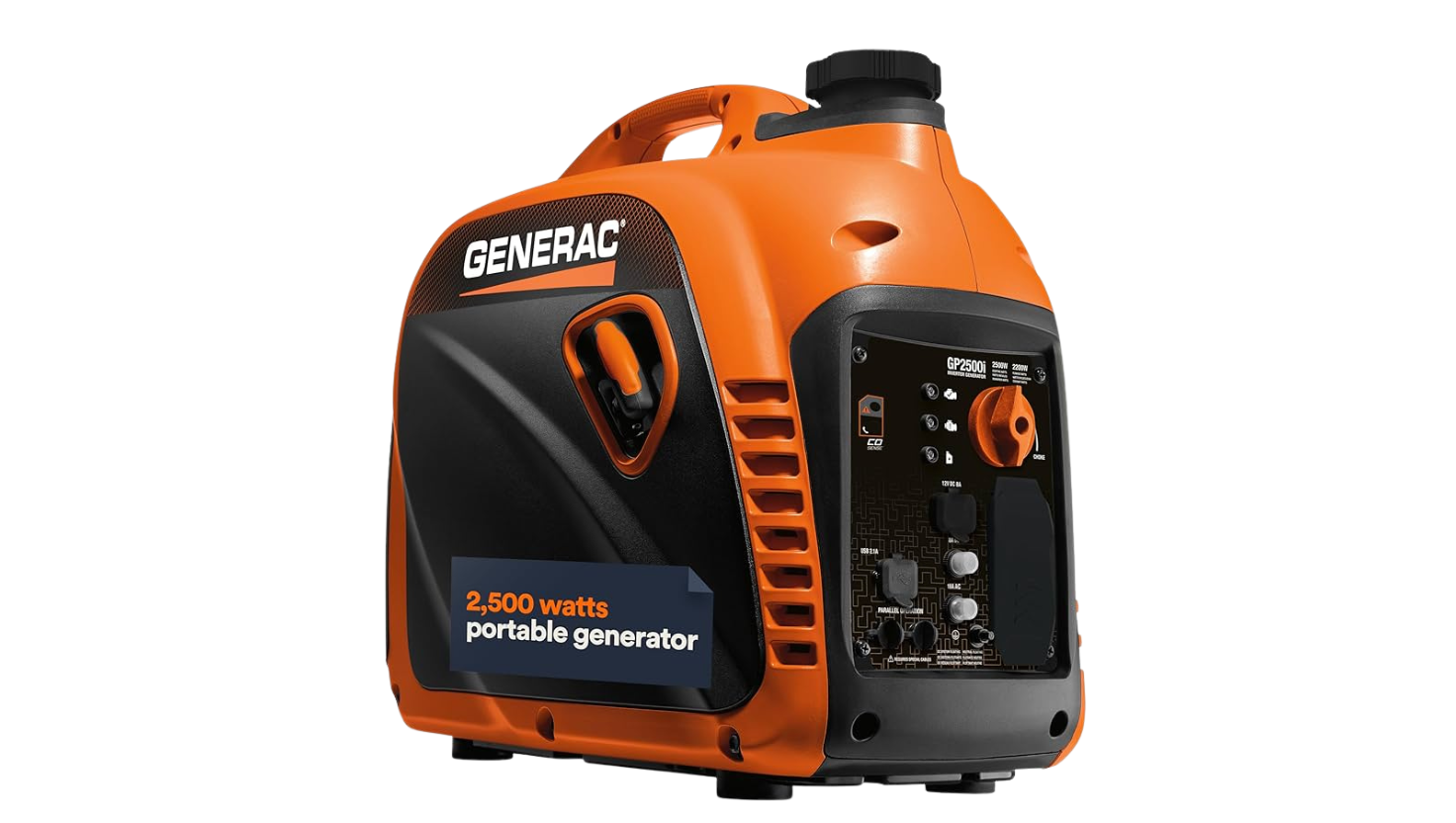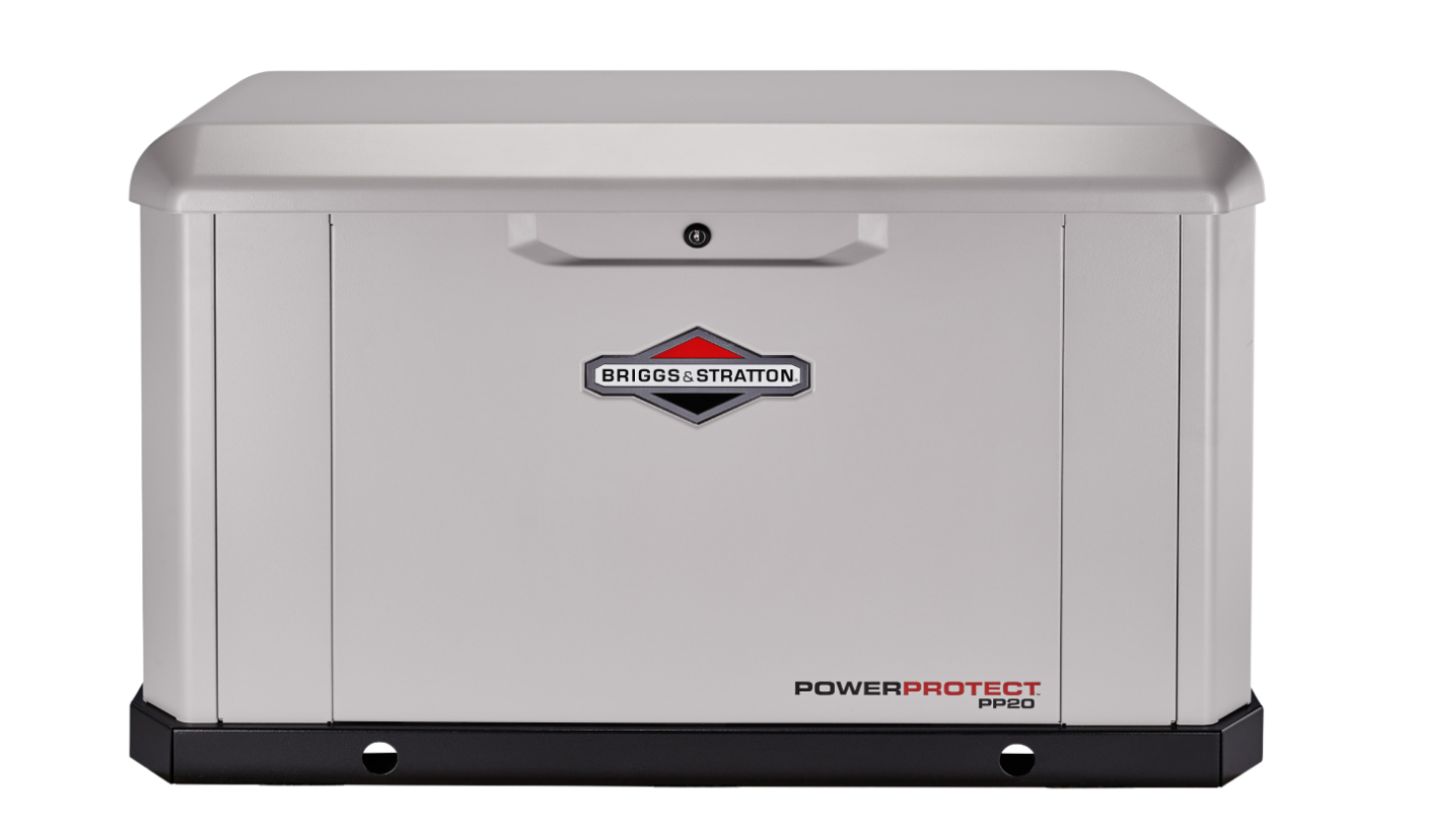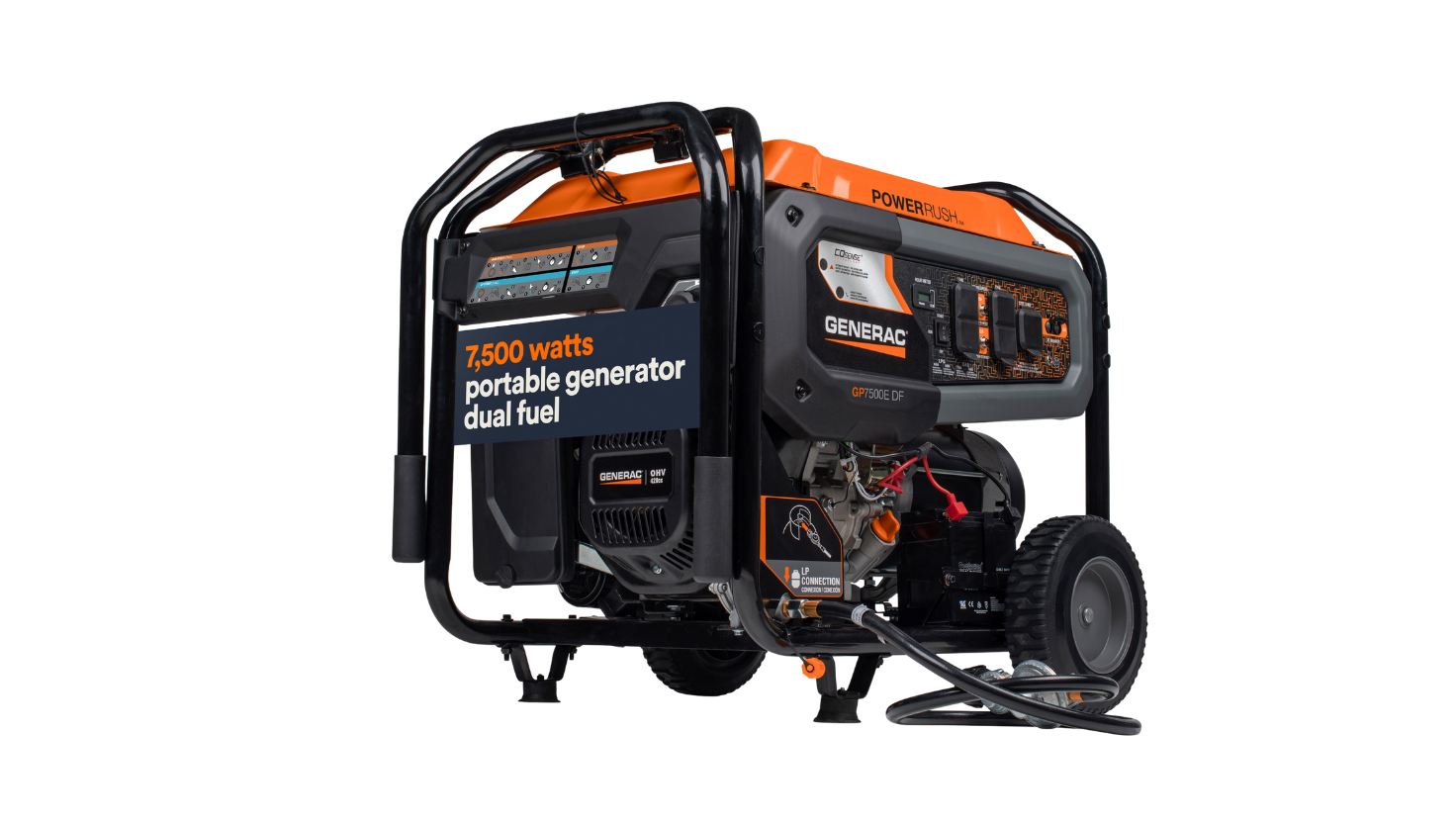dion generators
Generator Units in Stock The Bahamas
When you need dependable power solutions, you can’t settle for anything less than the best. Dion Generator Solutions’s generator units in stock in the Bahamas offer unmatched reliability, efficiency, and performance for residential, commercial, and industrial applications. Whether you’re preparing for unexpected outages or need a long-term power source for ongoing projects, we deliver high-quality generators that take the worry out of power interruptions.
Contact us today at (305) 450-8787 to secure your generator unit!
Benefits of Using a Generator
Power outages can disrupt your daily life or business operations. Investing in a reliable generator ensures your home stays comfortable, your business remains operational, and your critical systems run uninterrupted during emergencies.
Generator units allow you to:
- Avoid downtime with automatic or manual power solutions
- Save on energy costs with fuel-efficient models
- Get reliable power for residential, commercial, and industrial settings
- Experience long-lasting performance with minimal maintenance requirements
- We have both portable and stationary options available, depending on your needs.
How Does a Generator Work When the Power Goes Out?
A generator provides electricity by converting mechanical energy into electrical energy. When the main power supply fails, the generator senses the outage and activates automatically through its transfer switch, or it can be started manually, depending on the model. It then begins to supply power to your electrical systems until the main power is restored.
This seamless transition ensures that lights stay on, appliances keep running, and essential equipment continues to function, offering peace of mind during power disruptions.
Dion Generator Solutions’ Generator Units in Stock
Dion Generator Solutions offers a variety of generator units in stock, ranging from small portable generators to large standby models. Our generators are sourced from top manufacturers and undergo rigorous testing to ensure they meet safety and performance standards.
Our inventory includes:
- Residential generators
- Commercial generators
- Industrial generators
- Mobile generators
- Portable generators
- Standby generators
- Electric generators
- Gas generators
What Type of Fuel Should You Use in a Generator?
Generators can run on various fuels, each with its advantages:
- Diesel: Known for durability and efficiency, ideal for heavy-duty applications
- Natural gas: Clean-burning and cost-effective, great for residential or light commercial use
- Propane: Highly efficient, with longer shelf life and easy availability
- Gasoline: Widely available and suitable for small to mid-sized generators
The type of fuel you choose depends on factors such as availability, cost, and the intended use of the generator.
What Size Generator Do You Need for Your Property?
A properly sized generator ensures that you have enough power to run essential appliances and systems without overloading the unit.
Here’s what you should consider:
- Identify critical systems: List items like HVAC, refrigerators, medical equipment, or industrial machines.
- Calculate wattage requirements: Determine the starting and running wattage of your equipment.
- Consider growth: Factor in potential future power needs for added appliances or equipment.
Our team can offer expert guidance to help you determine the right size generator for your property. We consider factors such as your power usage, budget, and any specific needs or concerns.
What Is the Difference Between Portable and Standby Generators?
Portable and standby generators serve different purposes based on power needs and location requirements. Portable generators are typically smaller and can be easily moved, making them ideal for temporary power during outdoor events, camping, or minor power outages. They require manual setup and connection to your necessary appliances.
Standby generators are permanent installations that automatically start during a blackout to provide seamless power to your entire home or business. While standby options often come at a higher initial cost, they offer enhanced convenience and reliability, especially for essential operations in residential or commercial settings.
Can You Power Your Whole House With a Portable Generator?
While portable generators offer convenience and flexibility for powering certain appliances or tools during an outage, they generally lack the capacity to power an entire house. Their output is typically sufficient for essential items such as lights, refrigerators, and small electronics, allowing vital functions to continue during short-term power interruptions.
However, due to limitations in power output and fuel capacity, they’re not suited for entire-home use, especially when considering large appliances like HVAC systems or electric stoves. A standby generator would be a more reliable solution for comprehensive home coverage.
What Maintenance Is Needed on a Generator?
Generators can experience wear over time, and neglecting their upkeep can lead to performance issues or failures when they’re most needed. Regular maintenance and inspections are crucial to ensure your generator is always ready for use.
This includes:
- Check oil levels: Regularly inspect and change the oil to prevent engine wear and ensure smooth operation.
- Inspect air filters: Clean or replace air filters as needed to maintain optimal airflow and prevent engine damage.
- Examine fuel system: Check for and replace any stagnant or contaminated fuel. Ensure fuel lines are leak-free.
- Test battery: Periodically test the battery and charging system to avoid startup failures.
- Inspect spark plugs: Clean and replace spark plugs as needed to ensure proper combustion and performance.
Generators produce noise due to the vibration of engine components and exhaust systems. The loudness of a generator is measured in decibels (dB), with higher dB ratings indicating louder operation. Most generators have noise levels ranging from 50-80 dB, which is comparable to typical household appliances. However, you can reduce the noise level by placing the generator on a sound-dampening mat or using an insulated enclosure.
How Long Can You Run a Generator Continuously?
On average, a standby generator can run for up to 3,000 hours when powering a medium-sized home, offering a dependable source of electricity during extended outages. However, it’s not advisable to run a generator continuously for longer than 500 hours at a time.
Running a generator for prolonged periods without breaks can lead to overheating and increased wear and tear, potentially shortening its lifespan. To ensure optimal performance and longevity, schedule regular breaks during extended use and conduct routine maintenance checks.
Explore Our Generators for Sale Today
Don’t wait for the next power outage to realize the importance of a reliable generator. With Dion Generator Solutions’ industry-leading expertise, premium products, and exceptional customer support, we’re here to keep your power running smoothly. Schedule a free consultation, and let us help you find the perfect generator unit to meet your needs.
Looking for generator units in stock in the Bahamas? Contact us at (305) 450-8787.
Why Do Generators Make Noise?
Who we work with

